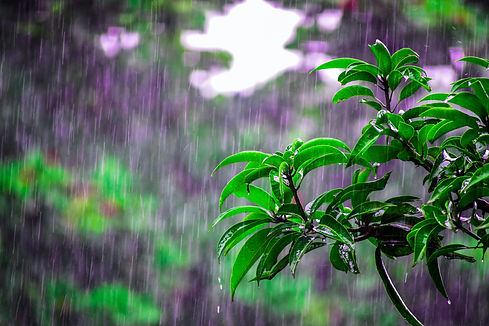Franz's Personal Universe
Music
This session includes my own compositions, arrangements, and songs sang by me. Compositions and arrangements are achieved by musescore software.
This is my cover of Erlkönig, the poem written by German poet Göthe and composed by German (now Austria) musician Schubert.
Göthe wrote this poem from an inspiration from a tragic story: A father who took his dangerously ill son across the forest to see the doctor, but his son died rapidly on their way back home. Göthe expressed sympathy for the father and son, writing the story about a mystical Erlkönig (Erl King) tricks and makes a little boy to death to show the theme of people's inability to change their fate.


This is my own piece of composition. The title "Samidare no Katari" means "The Whisper of Summer Rain." I try to present a early Summer (May) rainy afternoon through my composition.
This is my arrangement of famous Japanese popular song and former vocaloid musician Yonetsu Kenshi's early work "Hyakki Yakō," which literally means the Japanese Halloween-like festival when hundreds of oni and yokai (ghosts and demons) occur.
However, this song actually portrays a modern-day Japanese who suffers from continuous pressure and feels dispirited, just like a ghost.

Japanese musician "Neru" composed this song, telling the story of a schoolboy who struggles under academic pressure, crying out his anger and helplessness to people about his experience as a student.
Last Resort is a song produced by Japanese musician Ayase -- who is also the composer and plays the keyboard in YOASOBI -- as part of his album "Yūrei Tokyō (The Ghost Town Tokyo)".
This album focuses on depicting the contradicting sceneries in Japanese metropolis Tokyo, juxtaposing prosperity and desolation to reflect people's feeling of modern Japan. The author was living in Tokyo, which makes his portrayal more authentic and touching.


ID Smile is a song written by Japanese musician Toa, who often uses a lively tone to compose songs that present themes like childhood memories, revision of the past, etc.
This song is a typical work of the Japanese band ZUTOMAYO (in full, "It will be nice if it is always midnight.")


This song narrates the process of Japanese march on modernization, from Perry's visit in 1853 to the overthrow of the Shogunate in 1869, which led to the Meiji Restoration.